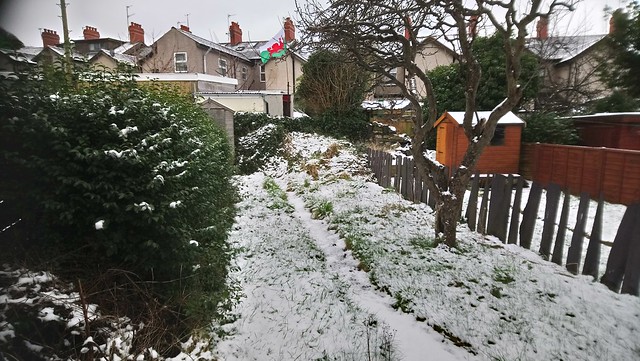When someboday sneezes, do you usually say anything? If so, what?
In the UK it’s common to say ‘Bless you!’ after a sneeze.
In French they say à tes souhaits or à vos souhaits – souhait = wish, so these mean something like ‘to your wishes’.
In German they say “Gesundheit!” (Health). I’ve heard this used by English speakers as well.
The Welsh equivalents of ‘Bless you’ are:
– Rhad arnat ti! = Bless you! (to one person you know)
– Rhad arnoch chi! = Bless you! (to several people or a stranger)
– Bendith y Tad! = Blessing of the Father!
However I’ve never heard these used in Welsh.
How do you represent the sound of a sneeze writing?
Here are a few ways: achoo, atchoo, ahchoo, ah-choo, a-choo, atishoo, atchoum (French).
Here’s an infographic showing how people respond to a sneeze around the world:
How the world responds to sneezing, courtesy of Expedia.ca



